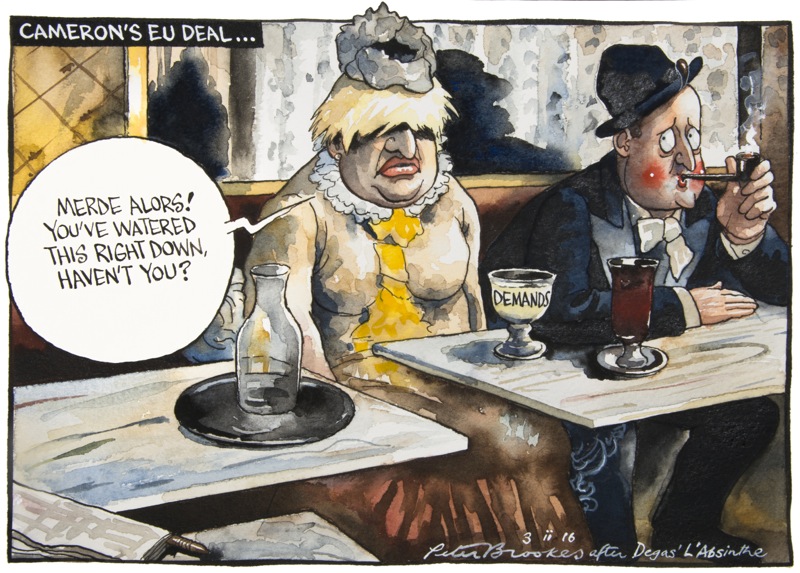By Nick Jones
Seeking political opinions from drinkers in the local pub, or from shoppers in the town centre, is a popular device for television and radio journalists and has always had its limitations, but never more so than during the polarised campaign leading up to the European Referendum. Having spent many years myself collecting vox pops – a staple ingredient for any broadcaster out on the road – I know how unrepresentative these on-the-spot surveys can be.
Perhaps the greatest drawback is that such straw polls are often conducted in the late morning, or early afternoon, having to be completed ahead of time, ready for editing so as to be included in packaged reports to be transmitted in the early or late evening programmes and bulletins.
A major flaw in the practice is that most day-time shoppers or public house customers tend to be retired or self-employed, local tradesmen and the like, a sample that is invariably unrepresentative of the population at large. This time constraint tends to exclude most if not all those of working-age who are unlikely to be either day-time shoppers or drinkers.
The same problem arises on a general election polling day. Invariably TV crews dispatched to get early footage find that most of the morning voters leaving polling stations are pensioners. The unrepresentative pool of potential vox pop interviewees has been cruelly exposed during the referendum campaign as so often those with full-time jobs – and most at stake in the EU referendum – have not been included in these town centre or public house conversations.
Such are the time pressures – and such is the desperate need to talk at least some of the locals – that broadcasters have no alternative but to scurry round, stopping in the High Street or local hostelry, trying to collect some random reaction while still observing the need to preserve balance for and against the political issue of the day. So often during the referendum TV crews have had no alternative but to stop and talk to elderly shoppers or pub regulars, the very age group most likely to be potential Brexit supporters.
A far more representative selection of vox pops could be obtained at the local bus or railways station, but commuters have long gone by the time the broadcasters hit town, and the crews have already departed when they start returning. Another location might that be more worthy of inclusion would be the local school gate, but again there are difficulties in talking young mums because of the strict rules against filming children.
Alternatively, vox pops in a supermarket car park, or outside the entrance to a local factory, would be more likely to provide a better working age cross section, but retailers and employers rarely give permission for filming on their premises, and most employees are reluctant to talk to the media, or perhaps forbidden to talk to journalists.
Some programme editors I have worked for have had strong views on the credibility of vox pops, refusing to include them in TV and radio reports because of their unrepresentative nature. But such is the pressure on reporters, and the over-riding need to reflect local opinion, producers have had to fall back on hastily conducted interviews in High Streets and public houses or alternatively leave empty handed.
So much of the on-the-spot reportage around the referendum campaign has featured elderly residents, out and about on their day time business, that the failure to get reaction from a greater cross section of the population has skewed the coverage.
Illustration: Cartoon by Peter Brookes, The Times, 3.2.2016

Leave a Reply